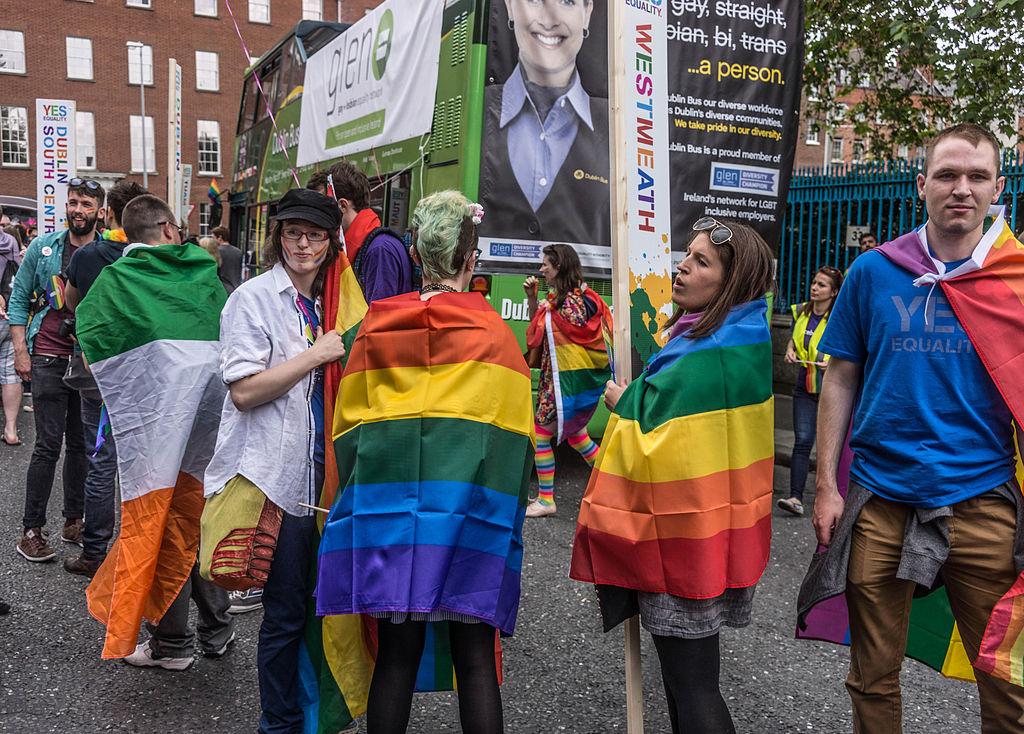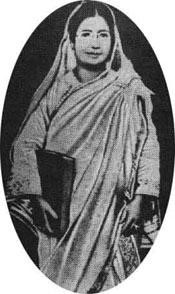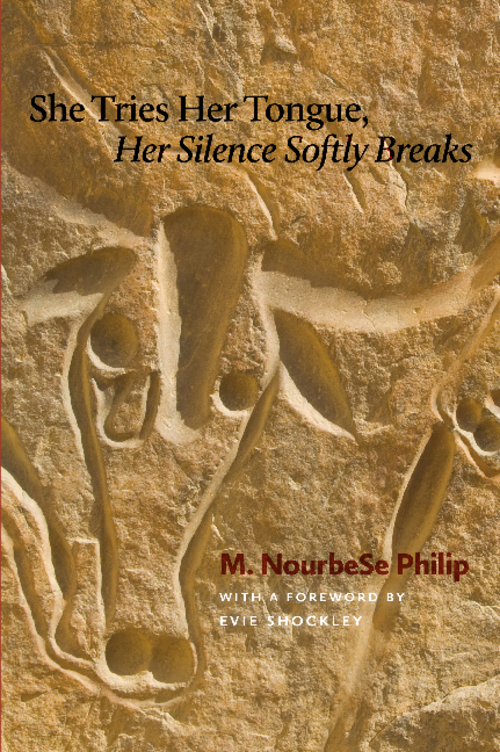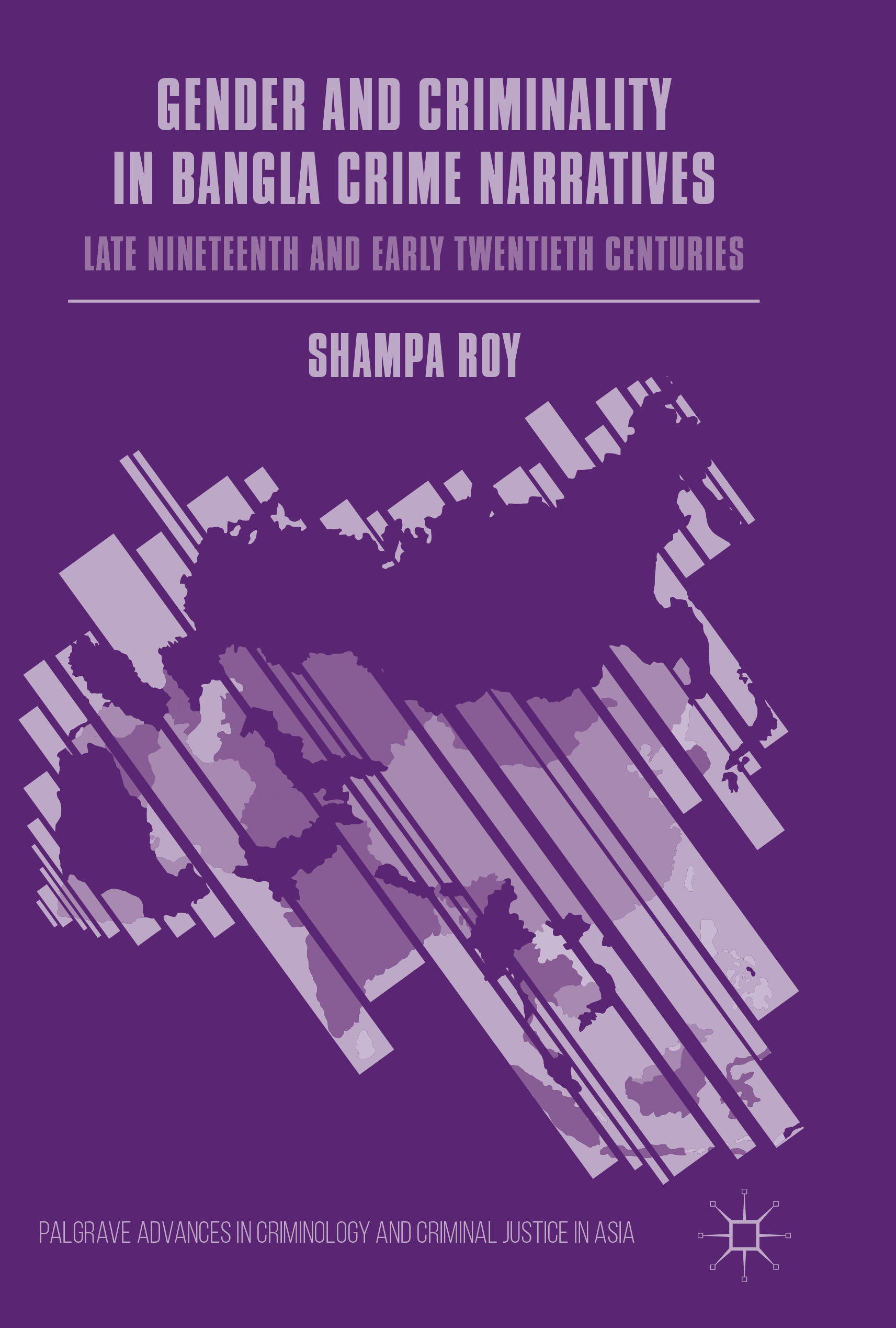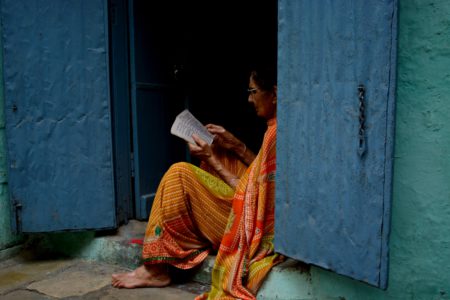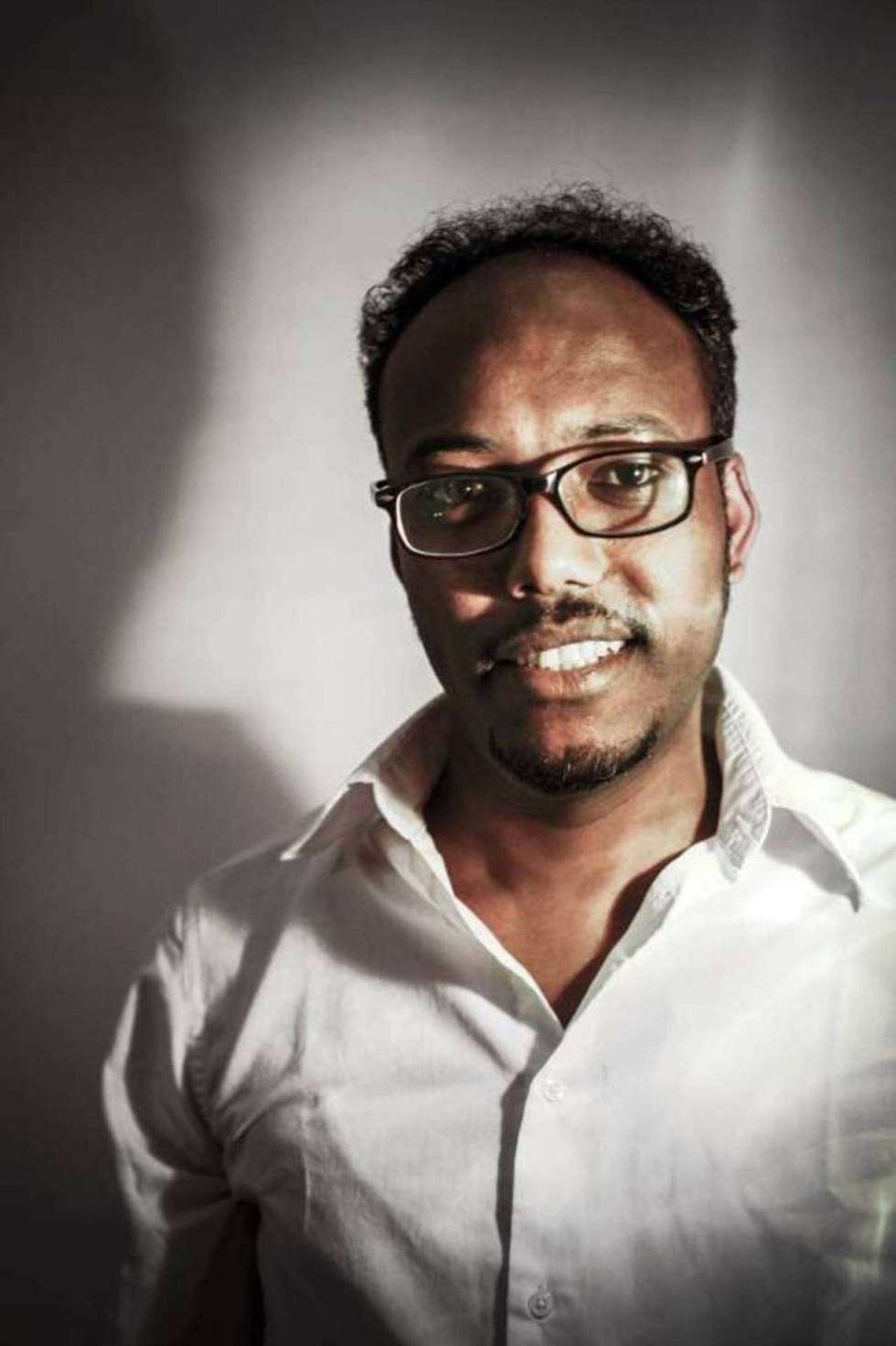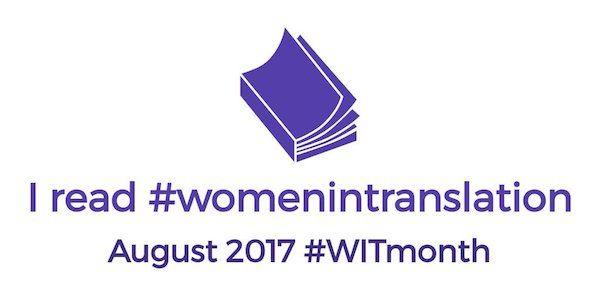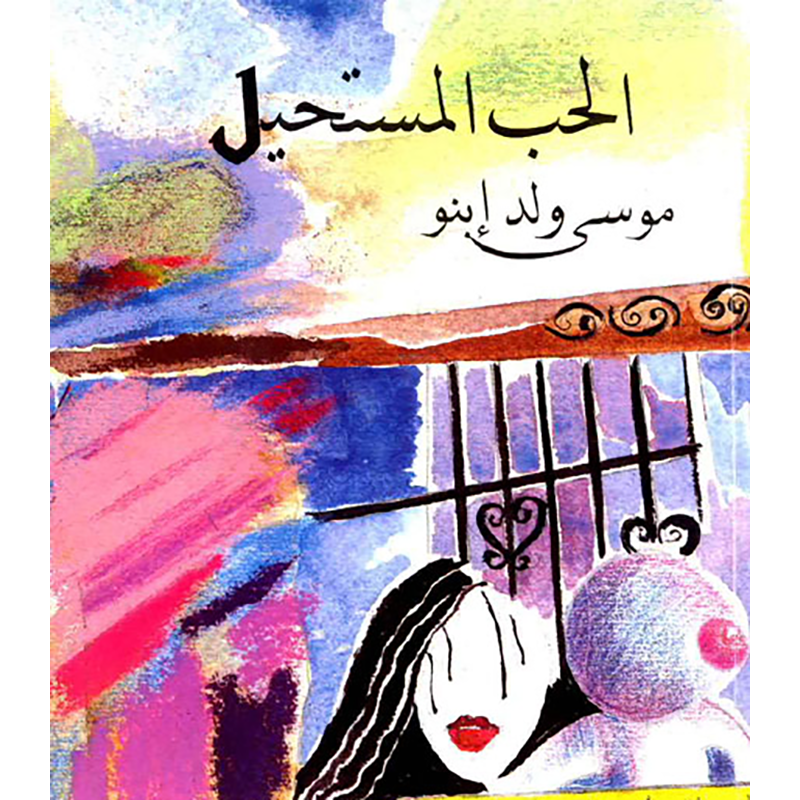The multilingual literatures from the Horn of Africa, North Africa and North India also challenge the narrative of ‘homosexual identity’ under capitalism represented by the rubric of ‘global queering.’
“Ach Ba Gá Dom Labhairt Leat:” An Foclóir Aiteach and the Presence of Queer Culture as Gaeilge.
Jenny Moran introduces An Foclóir Aiteach, a dictionary that writes queer terminology into the Irish language.


